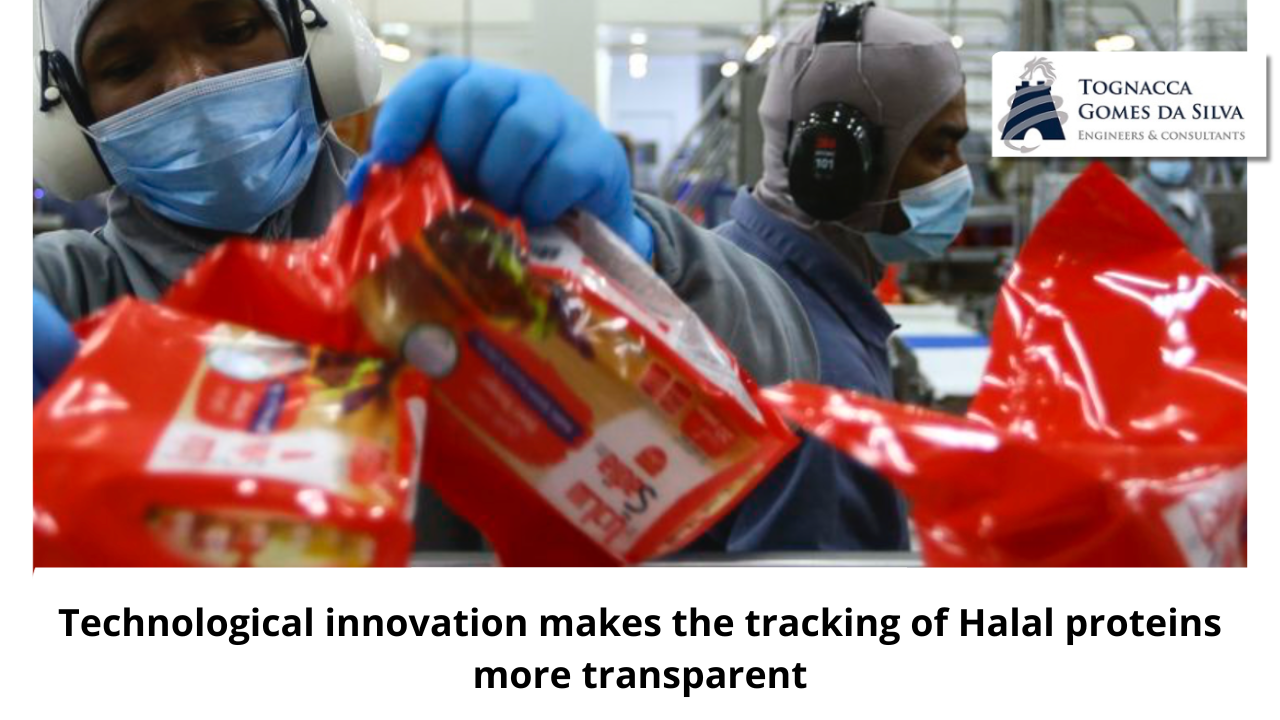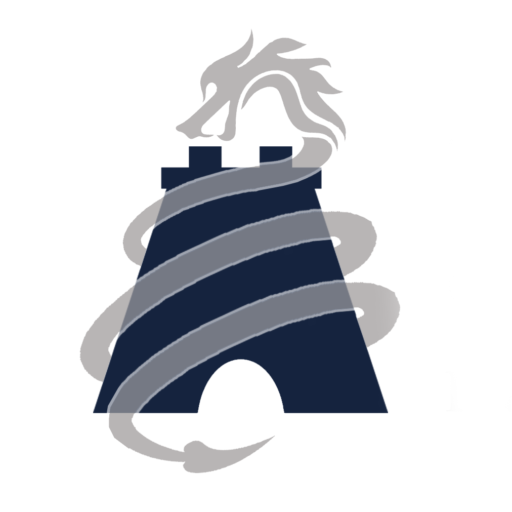Halal is an Arabic word that means lawful or permitted. According to the Islamic system of laws, called sharia, only foods that follow certain “rules” are permitted by God. Brazil is today one of the largest producers and the largest global exporter of Halal proteins.
Aiming to improve this market, Brazilian startup Ecohalal developed a technology to apply blockchain, AI and computer vision to the halal certification process. According to the company, cryptocurrency technology makes the production of the ancient and rigorous nutritional system even more transparent.
In 2021 alone, the market imported around US$200 billion, according to the State of the Global Islamic Economy Report 2022, produced by DinarStandard with support from the Department of Economy and Tourism in Dubai, in the United Arab Emirates.
According to the startup, the launch of the operation is scheduled for the first quarter of 2024 and should reach, in the first year, 50% of chicken exports and 80% of certified beef exports from Brazil. “Brazil has a strong presence in the sector and by combining this certification, which intrinsically follows ESG guidelines, with screening that follows from the field to the supermarket, we offer an opportunity for companies to expand sales not only to Islamic countries, but also for a global audience that values ethics and sustainability, as is the case with Generation Z. To give this market share the attention it deserves, we made the decision to open a subsidiary 100% focused on the halal segment”, says Flavio Redi, CEO and co-founder of Ecotrace.
Requirements for Halal proteins
According to information published by Agência Brasil, certification involves a series of rules. In slaughter, for example, everything must be done according to a ritual, which begins with the declamation of the words Bismillah, Allahu Akbar (“in the name of God, God is greatest”) and ends with the draining of the blood of the animal. animal for three minutes.
The animal’s suffering must be minimized, therefore the knife must be very sharp to sever the main arteries of the neck in a single cut and guarantee the animal’s instant death. Furthermore, the slaughter must be done by a Muslim. But if no one is available, it can be carried out by a Jew or a Christian. However, the slaughter supervisor must be a follower of Islam.
Therefore, traceability is crucial for the certification of halal proteins. In addition to the slaughter method, this seal takes into account animal welfare, correct waste management, decent working conditions, animal feeding, packaging and transport.
And thanks to blockchain technology – in which information from each step forms a link, impossible to erase, which is added to the others – this process becomes transparent. It allows everyone in the ecosystem, from the producer, to the importer, to the consumer, to have access to this information.
Ecotrace launched Ecohalal at the Global Halal Brazil Business Forum 2023, on October 24th in São Paulo, and will present the solution at the 2nd Halal Expo in November in Saudi Arabia, which this year has a particular focus on the search for innovations and initiatives sustainable solutions to promote the growth of the halal market. The largest event in the segment in the Middle East and North Africa, it brought together 4,500 visitors from 28 countries in the 2022 edition.
By 2022, the startup received investments of R$5 million with venture capital manager KPTL as one of its main investors. It was top 5 for three consecutive years in the 100 Open Startups list, featured in Forbes Brazil’s 25 Startups with Growth Potential in 2022 and won the iImpact – Latam Positive Impact Startup 2022 and Ibrachina Challenge by igloo Network 2021 awards.
( source: Katiuscia Mizokami/ Digital agro)



